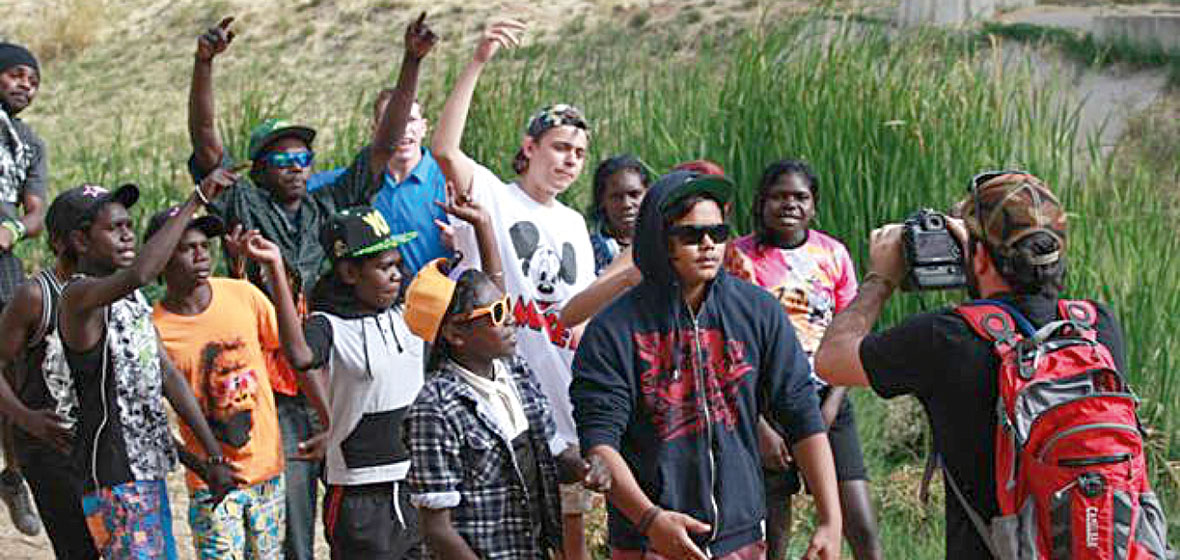Snapshot
- Innovative community legal education programs in the Northern Territory are keeping pace with the way we consume and engage with media, and are proof of the value of a plain language approach to law.
- Community development best practice encourages a participatory approach to the design, delivery and distribution of Community Legal Education resources.
- Cultural law and practices, community needs, norms and attitudes – as well as ‘whitefella’ law – can all inform Community Legal Education.
Community Legal Education (CLE) is a discrete and widely recognised area of legal practice. Community development principles, particularly participation by members of the community in the education design and learning process, inform CLE best practice. CLE is described as a ‘learning process about the law, which empowers people who share common problems or issues through knowledge, skills and/or attitudinal changes, to be able to do things differently’ (Goldie, C. (1997) The Community Legal Education Handbook, Redfern Legal Centre Publishing, NSW.)
There is much excellent research and information on CLE available on legal centre and legal aid websites, including those of the National Association of Community Legal Centres (NACLC), the Victorian Law Foundation, and North Australian Aboriginal Justice Agency (NAAJA). The Community Legal Education and Reform (CLEAR) database, developed by the NACLC, acts as a search engine to provide information about new and existing law reform and CLE resources, topics and projects. In a recent report on ‘How lawyers can support and empower communities to achieve change’, the Director of the Queensland Association of Independent Legal Services, James Farrell, reminds us that in engaging in or providing CLE ‘you do not empower, communities are empowered’ (The Winston Churchill Memorial Trust of Australia, Final Report, April (2015 )).
Community legal education is also an area of legal practice that is keeping pace with how people today consume and engage with media and culture, and the move towards a plain language approach to the law. Advertised positions for CLE lawyers are increasingly seeking applicants who, in addition to their legal background, are strongly education oriented (or have formal qualifications in adult education and training) and who possess some creative media or project management skills. CLE in the 21st Century is a progressive and innovative ‘learning and doing’ space for social justice focused advocates.




